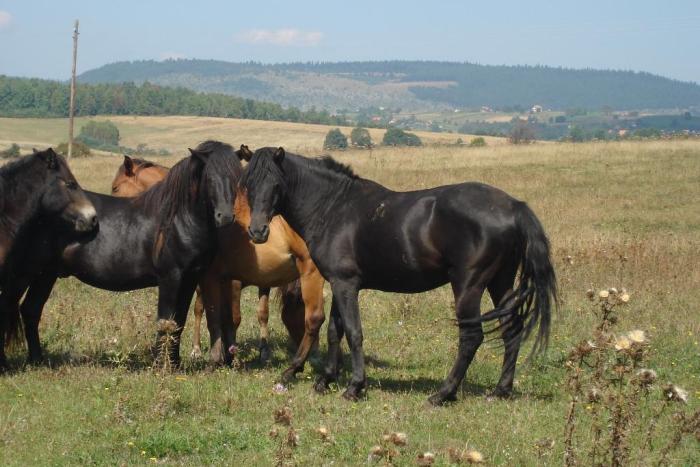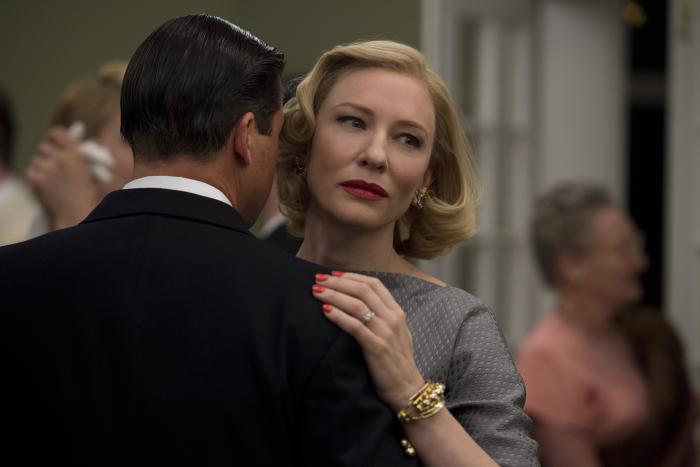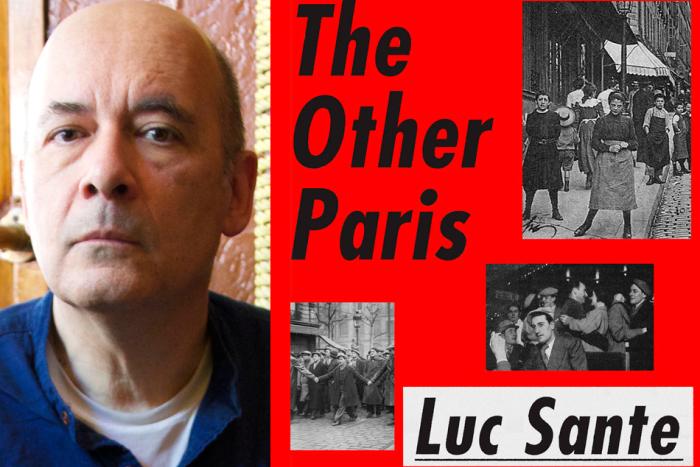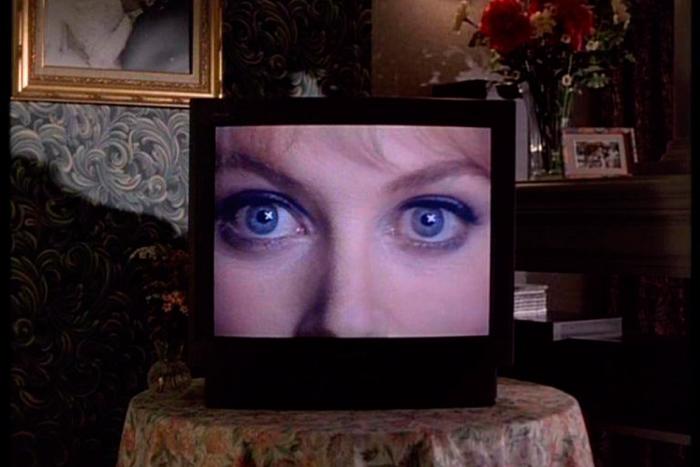We're all dying of slow damage, if nothing else, but she's dying of things we're not.
Readings
The Latest
Contempt for reality television is less a specific response than a herd sentiment. And yet, after so many hours under its spell, I feel like I’ve turned a corner: Gordon Ramsay is a genius.
Originally published under a pseudonym, the novel inspiration behind the latest Cate Blanchett film is the kind of thriller you would expect from the author of The Talented Mr. Ripley.
Talking with the author of The Other Paris about the attacks in France, how writing about Paris is different than writing about New York, and making peace with "aggressively repellent" buildings.
Some people say “rabbit rabbit” first thing on New Year's Day for luck, while some people know the first words you say on some arbitrary date don't make a goddamn bit of difference.
In nonfiction, telling the truth—particularly telling truths that are open secrets—is valued, and yet we’re cautious and cagey about money.
We’re reminding each other that the time to make up our minds is never.
The time I tried to seduce an employee of this magazine into becoming my friend.
Gus Van Sant's 1995 adaptation of Joyce Maynard's novel revolved around self-control under observation. Two decades later, it feels both prescient and all the more relevant.
Speaking with the ceramicist and author of The White Road about how his work in writing and art influence and inform each other, bringing historical figures to life, and how to leave space in a book.
Pagination
- Previous page
- Page 98
- Next page












